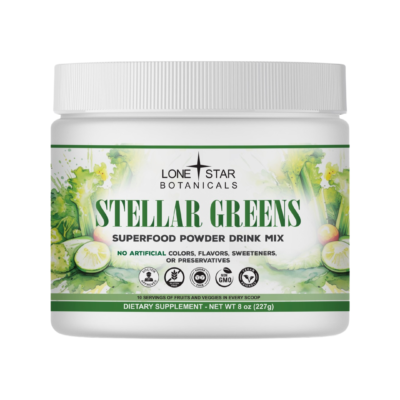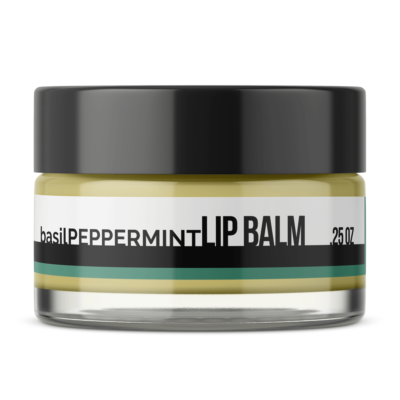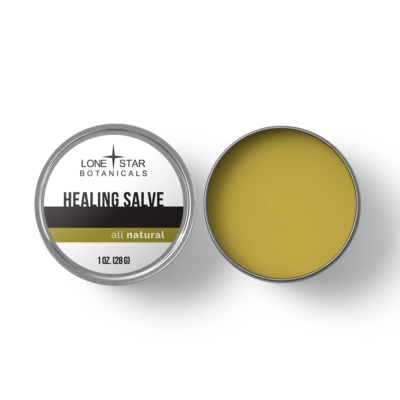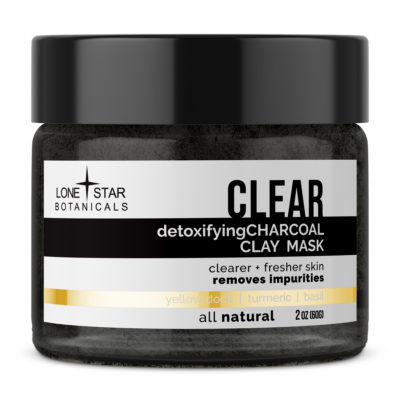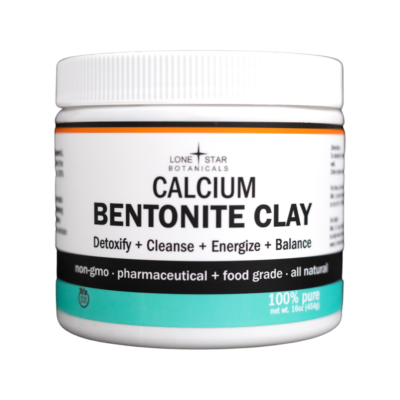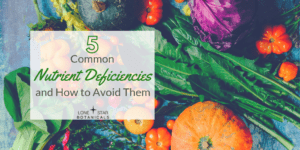
Are you eating a balanced diet? Even if you’re eating as clean and perfect as possible, there’s still a chance you could have nutrient deficiencies.
Getting these nutrients naturally from your diet is best, over taking supplements. But it’s important not to take too much or too little of any essential vitamins, though. If you suspect you might be lacking some vitamins or minerals, ask your doctor to check your bloodwork. That’s the best way to learn what you need and how much. But here are 5 essential minerals and vitamins you may be lacking and how to avoid deficiencies.
5 Common Nutrient Deficiencies and How to Avoid Them
Vitamin D
Vitamin D is one of the most necessary, yet hardest vitamins to get enough of. It’s hard to tell when you’re deficient in it, but many people are. It can lead to weak muscles and brittle bones. Anyone with darker skin, or who lives far away from the equator, are more prone to low vitamin D levels. And the older you get, the higher your risk of deficiency.
To boost your vitamin D, make sure to get out in the sun often. Cod liver oil and fatty fish are high in vitamin D, and you can get some of the vitamin from alfalfa and chia seeds. Dairy does contain vitamin D, but it’s actually fortified with it and doesn’t contain it naturally.
Vitamin B
Vitamin B is necessary for sustaining energy, creating blood, and brain function. Vegans, vegetarians, and many women are often lacking enough vitamin B. When you’re low on the vitamin, you may feel extremely fatigued, lack focus, and it can be an underlying cause for many health issues and disorders.
To avoid being deficient, you can eat eggs, lean meat, shellfish, leafy greens, beans, and nutritional yeast. Adding red raspberry leaf and nettle leaf to your diet will also help increase your intake of vitamin B.
Calcium
If you’re low on vitamin D, chances are you’re low on calcium as well. Vitamin D is necessary to absorb calcium, so they go hand-in-hand. It’s necessary for strong bones, teeth, and healthy growth during childhood. And when you’re chronically deficient, you can develop osteoporosis. Women and girls are most prone to having too little of this mineral, but many guys don’t get enough in their diet either.
Dark green vegetables are rich in calcium, as well as dairy and fish. Cacao powder is also packed with calcium, as is lemon peel.
Iron
Iron is an essential mineral that supports the bloodstream. It’s necessary for hemoglobin, providing oxygen to the red blood cells. If you’re deficient in iron, you can feel especially fatigued, weak, have intense brain fog, and even bruise more easily. Women and young children are most prone to being iron-deficient.
To boost your iron intake, you can eat more lean meat, beans, broccoli, spinach, and kale. You can also get significant amounts of iron from herbs like anise seeds and cacao. Take it with vitamin C to increase your absorption of iron.
Magnesium
Almost 50{90e65f354de6808c13e7e1c3890ce95892ac770a5fce01e3ef4cb36b4689035f} of people are deficient in this mineral, and it can cause a lot of health issues. Being deficient in magnesium can cause chronic migraines, fatigue, brain fog, irregular heart rate and rhythm, muscle cramps, and more. It’s even more common to be low on magnesium if you have digestive issues, like from an autoimmune disease such as Celiac.
If you think you need more magnesium in your diet, here’s good news! Dark chocolate is rich in it, so feel free to splurge. You can also get a healthy dose of it from leafy greens, beet roots, oats, orange peel, nuts, and burdock root.
Boost Your Vitamins and Minerals!
Making sure to include these essential vitamins and minerals in your diet will help you avoid some of the most common nutrient deficiencies. Which herb or food will you start adding more of to your diet?



